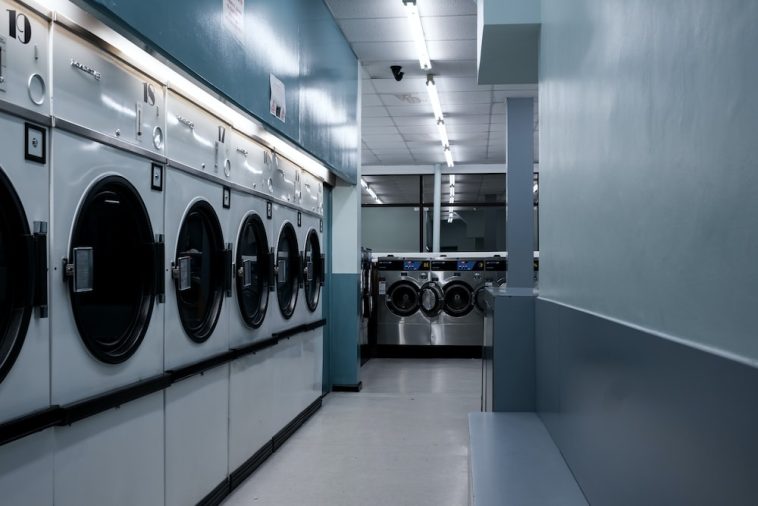Introduction.
Starting a dry cleaning business in Nigeria can be a great way to earn a steady income. It’s a service that almost everyone needs, especially in cities where busy schedules make it hard for people to take care of their clothes.
From professionals who need clean, crisp suits to families looking to keep their outfits fresh, there’s always a demand.
But like any business, success doesn’t come overnight—it takes planning, effort, and a clear understanding of what works in this environment.
In this article, I’ll walk you through everything you need to know to start a dry cleaning business in Nigeria. From the basics to the nitty-gritty, by the end, you’ll feel confident about taking that first step.
Why a Dry Cleaning Business?
The dry cleaning business stands out because it meets a practical, recurring need. In Nigeria, where the population is over 220 million, the demand for laundry and dry cleaning services keeps growing.
Urbanization and the increase in middle-class families mean more people are outsourcing their laundry needs.
Also, dry cleaning has relatively low start-up costs compared to other businesses. You can even start small and grow over time as you gain more customers.
How Do I Start a Dry Cleaning Business in Nigeria?
1. Understand the Market
Before jumping in, research the area where you plan to operate. Is there competition nearby? What prices do they charge?
What type of services do they offer? Look for gaps in the market. Maybe competitors aren’t offering quick turnaround times, or they don’t clean certain types of fabrics.
2. Create a Business Plan
A business plan helps you stay organized. Include details like:
- Your start-up costs
- Pricing structure
- Target customers (e.g., offices, families, schools, etc.)
- Marketing strategies
It doesn’t have to be super formal—just a roadmap to guide you.
3. Choose a Good Location
Pick a spot that’s easy for people to access. Locations near residential areas, busy streets, or offices are ideal.
Even if you plan to offer pick-up and delivery, having a visible storefront helps attract more customers.
4. Get the Right Equipment
The quality of your work depends on having the right tools. You’ll need:
- Washing machines
- Dry cleaning machines (if you can afford them)
- Pressing irons
- Steamers
- Detergents and stain removers
- Generators (for Nigeria’s unreliable electricity supply)
You can start small by using washing machines and build up to professional dry-cleaning equipment as your business grows.
5. Register Your Business
In Nigeria, you’ll need to register your business with the Corporate Affairs Commission (CAC). This gives your business credibility and makes it easier to expand later.
6. Focus on Customer Service
People want a service they can trust. Ensure clothes are delivered on time and handled with care. If a stain can’t be removed or a fabric is delicate, communicate clearly with your customers. Little things like friendly staff and clean packaging can also make a big difference.
7. Set Fair Prices
Pricing depends on your location and target market. For example, dry cleaning a shirt in Lekki might cost more than in a smaller town. Research competitors’ prices, and aim to strike a balance between affordability and profit.
8. Market Your Business
Word of mouth is powerful, but don’t stop there. Use flyers, posters, and social media. Platforms like Instagram and WhatsApp are great for showing off your work and reaching more people. Offering discounts to first-time customers or a referral program can also help you grow quickly.
9. Start Small and Grow Gradually
Don’t stress about having the fanciest equipment from day one. Start small, provide excellent service, and reinvest your profits to expand over time.
FAQs
1. How much does it cost to start a dry cleaning business in Nigeria?
The cost depends on the scale of your operation. Starting small with basic equipment might cost around ₦500,000 to ₦1,000,000. For a larger setup with professional machines, you might need ₦5,000,000 or more.
2. Do I need special training?
While formal training isn’t mandatory, it’s helpful. You can learn about stain removal, fabric care, and machine operation online or by working briefly in a dry-cleaning business.
3. What are the main challenges?
The biggest challenges are power supply issues, handling delicate fabrics, and managing customer complaints. But these can be managed with the right planning.
4. How long does it take to break even?
With good management and steady customers, you can break even within 6 to 12 months.
5. Do I need employees?
It depends on the scale. For a small business, you might handle things alone or with one helper. For larger operations, you’ll need staff for washing, ironing, customer service, and delivery.
Conclusion
Starting a dry cleaning business in Nigeria isn’t as complicated as it seems. With a little effort and proper planning, you can build something profitable. The key is to start small, stay focused on quality, and grow gradually.
So, what’s holding you back from starting your own dry cleaning business?





GIPHY App Key not set. Please check settings